The decision to declare bankruptcy has a significant affect on a public company including tremendous ramifications for investors of that company. The decision to declare bankruptcy is often coupled with crippling, overwhelming debt that the public company does not believe it can pay back under the current terms of the agreements and thus, bankruptcy is the only option to attempt to keep the company up and running in some form or fashion.
Federal bankruptcy laws govern how the assets and debts of the business will be prioritized and sorted. As such there are two types of bankruptcy available for companies; the first, Chapter 7 bankruptcy is the infamous “going out of business” sale of all the company’s assets and the use of that money to pay off, if it can, all of the debts the company still owes. The second type of bankruptcy for companies is Chapter 11 and under Chapter 11, the company seeks to reorganize its business and restructure debt obligations in order to allow the new business model to survive and, hopefully, thrive. Management under this model continues to run the day-to-day business operations but all significant business decisions must be approved by the bankruptcy court. Teenage clothing store, Wet Seal (OTCMKTS: $WTSLQ), recently declared and went through Chapter 11 bankruptcy.
What About the Stock?
Regardless of the type of bankruptcy, the common stock of the company is likely to be worthless. For example, WTSLQ fell from .20 cents to sub-penny after declaring bankruptcy. This is because the common stock (that is, the “equity” in the company), is the last in line to receive what is available to be distributed in a bankruptcy proceeding. Creditors, including bondholders, suppliers, and employees, all come before common stockholders. The “Q” placed on a ticker symbol is to designate that the company is currently in bankruptcy proceedings and is often a mark of death to investors because, even if a company successfully reorganizes, its plan of reorganization often cancels the existing shares of common stock. To make matters more complicated, the issuance of new stock from the company under the reorganization plan will trade without the “Q” but the old shares (if still in the market) will retain their “Q.” The investing public are often confused by the fact that, despite the likelihood that common stock of a bankruptcy company will be cancelled, the company’s securities may continue to trade after the company has filed for bankruptcy and before it emerges reorganized. This confusion can be exacerbated by the lengthy bankruptcy process.
Trading the Stock After Bankruptcy
A company’s common stock may continue to trade even after the company has filed for bankruptcy (which adds to the confusion mentioned above). Companies, however, are often unable to meet the listing standards of major exchanges and thus must go to the OTC Markets with the “Q” now attached to their ticker symbol. It is important to note, there is no federal law that prohibits the trading of securities of a company solely because it is in bankruptcy proceedings.
Risks Associated with Investing in a Bankrupt Company
Investors may be tempted to buy or hold the company’s common stock after the company declares bankruptcy in the hopes that it will reemerge and they will be able to reap the rewards. Sadly, this is not likely this case. As mentioned above, the Wet Seal brand has suffered tremendously since declaring bankruptcy and there is no indication that “old” investors will receive any benefits from the reorganization. This often leaves the investors of the old common stock with little to nothing of value and may seem unfair but it reflects the establish priority scheme set under federal bankruptcy laws. In fact, it is this scheme that allows bondholders to be paid before stockholders because holders of common stock are seen as taking a greater risk, but also having the potential for the greater gain.
How to Know the Status of the Company
Generally the best way to know what is going on with any public company is to check the U.S. Securities and Exchange Commission (“SEC”) filings and look for Forms 8-K. Form 8-K is required to be filed by any company entering bankruptcy and thus placing the status of the company in the public sphere. However, if you hold stocks or bonds in your own name, you should receive these filings and any other information directly from the company or if the stocks or bonds are held in your brokers names, they should forward the information to you.
You can search for these Form 8-K filings on the SEC’s EDGAR website as well.
Your Rights and Privileges as an Investor in a Bankrupt Company
The rights and privileges of investors of common stock and bonds of a company is determined by many legally significant documents including shareholder agreements, bond agreements, and corporate by-laws. These documents make up the rights and/or privileges of the investors in the bankrupt company; subject to certain limitations under federal bankruptcy law.
These rights and privileges become important because as an investor of a bankruptcy company you may have the right to vote on the plan of reorganization and even if you are not afforded an opportunity to vote, you should as a prudent investor receive a summary of the disclosure statement and a notice of how to file an objection to the plan if you believe they violate one of the above mentioned agreements.
This securities law article about the bankruptcy of a public company is provided as a general informational service to clients and friends of Feinstein Law, PA and should not be construed as, and does not constitute, legal and compliance advice on any specific matter, nor does this message create an attorney-client relationship. For more information concerning the rules and regulations affecting the going public direct transactions and direct public offerings please contact Feinstein Law, PA at (619) 990-7491 or by email at Todd@Feinsteinlawfirm.com or JDunsmoor@Feinsteinlawfirm.com. Please note that the prior results discussed herein do not guarantee similar outcomes.

